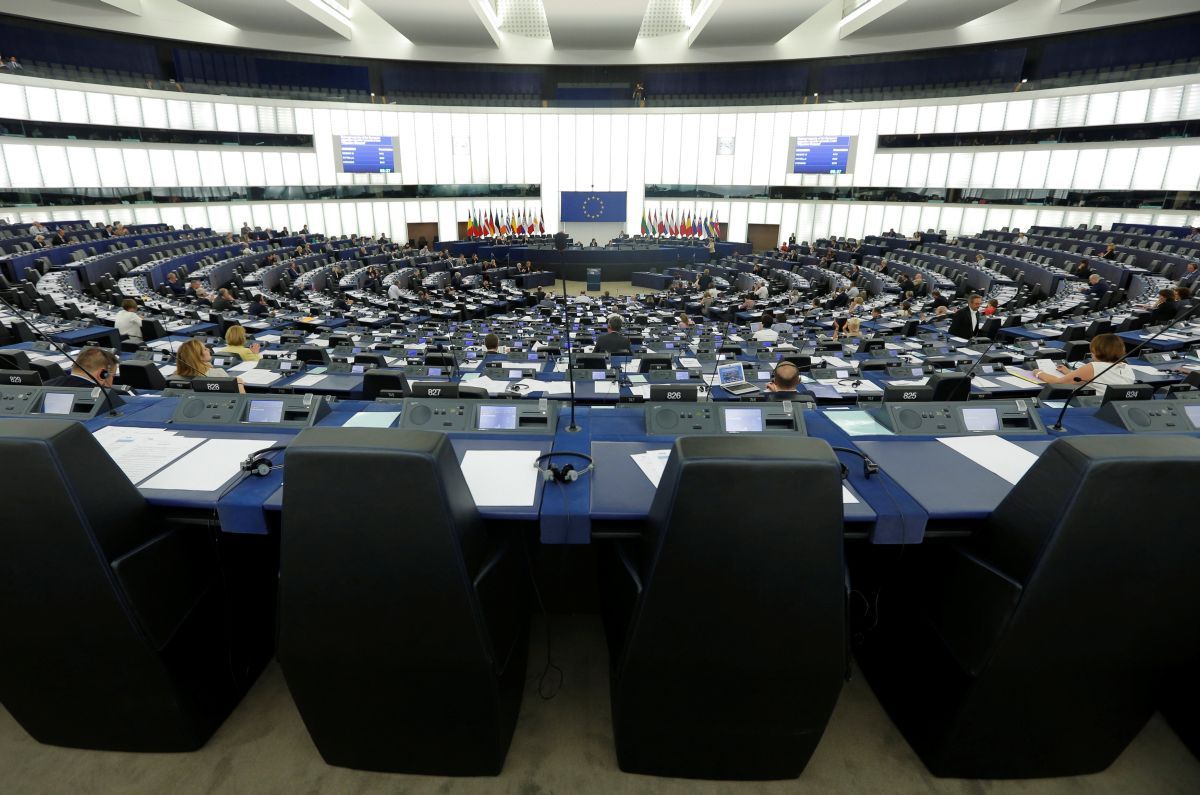
The Foreign Affairs Committee of the European Parliament has praised Ukraine's progress on reforms, except for that of the country's judiciary.
"Ukraine has progressed in its commitments made in the Association Agreement (AA/DCFTA) with the European Union; particularly in the fields of agriculture, energy, banking, decentralisation, digital economy, environment and electoral procedures," according to a press release of November 10.
MEPs acknowledged the improvements in a report adopted on Monday by 53 votes in favour, seven against and eight abstentions.
Foreign Affairs Committee MEPs praise Ukraine's progress on important reforms that bring the country further towards political association and economic integration with the EU.
They warn, however, that a number of reforms are yet to be carried out in order to avoid any backsliding and singled out the judiciary as one of the least-trusted branches of power in Ukraine.
Read alsoZelensky explains to Venice Commission chief need to sack Constitutional CourtIn the report on the implementation of the EU Association Agreement with Ukraine, MEPs criticize attempts by authorities to exert political pressure on independent economic institutions and enforcement authorities, and express their disappointment with the lack of progress in dismantling oligarchies in the country.
Substantial results in the fight against corruption are essential if support for reform is to be maintained among citizens, say MEPs. They also call on the Commission to develop qualitative mechanisms to monitor Ukraine’s implementation of reforms, including clear benchmarks and principles of conditionality.
Ukraine-EU Association Agreement
- In 2014, the European Union and Ukraine signed the Association Agreement, which marked the start of a new period in the development of relations. The agreement is the main tool for closer rapprochement between Ukraine and EU: it contributes to the deepening of political relations, stronger economic ties, and mutual respect for common values.
- The economic part of the deal is the Deep and Comprehensive Free Trade Agreement, providing Ukraine with the opportunity to expand trade relations and economic development, as it opens up new markets and helps adapt legislation, standards and regulations in various sectors. The latter will help integrate EU standards into key sectors of the Ukrainian economy. It entered into force on January 1, 2016.
- On October 6, 2020, Ukrainian President Volodymyr Zelensky announced next year Ukraine and the EU would jointly assess the achievement of the deal's goals.

